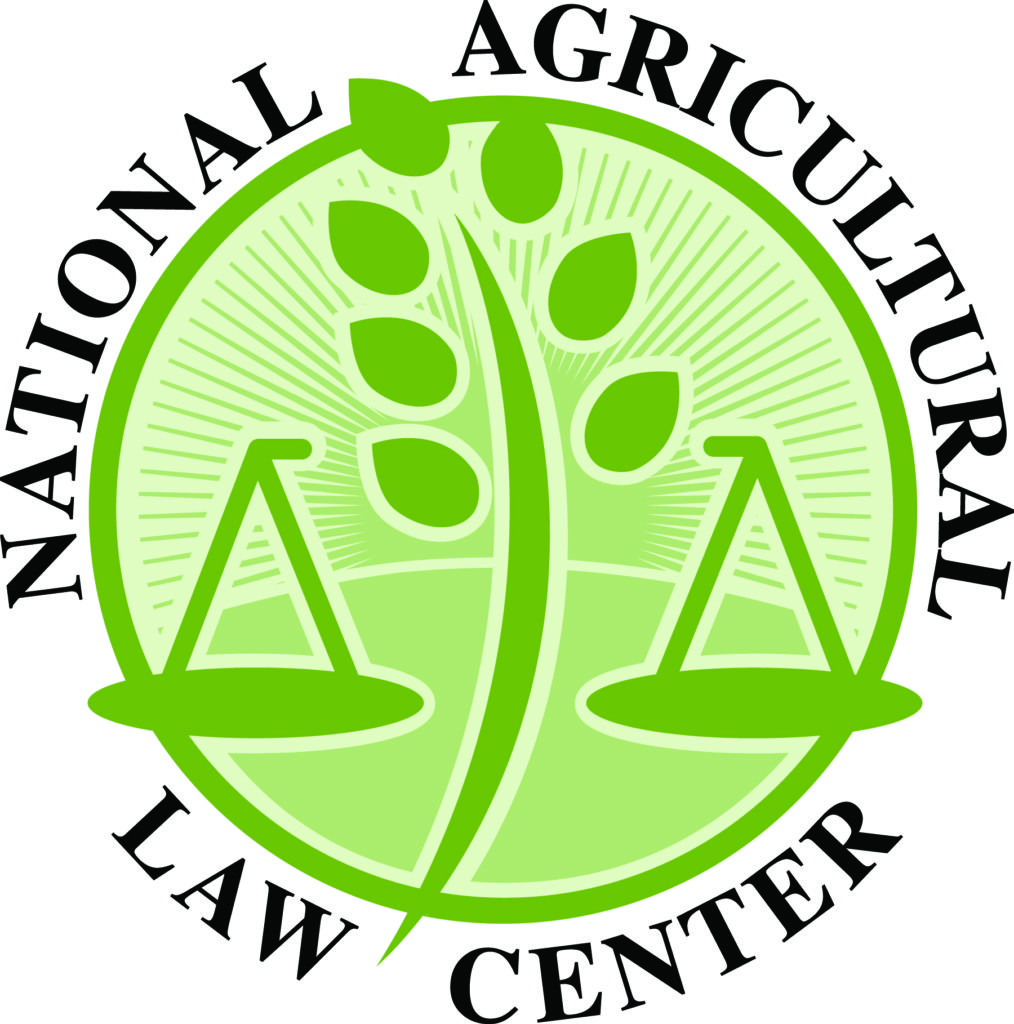JUDICIAL:
WESTFIELD INSURANCE COMPANY, Plaintiff, v. TCFI BELL SPE III LLC, & BELL AQUACULTURE LLC, BELL AQUACULTURE LLC, Counter Claimant,, No. 116CV02269TWPMJD, 2019 WL 1434716 (S.D. Ind. Mar. 30, 2019)
This matter is before the Court on cross-motions for partial summary judgment filed pursuant to Federal Rule of Civil Procedure 56 by Plaintiff Westfield Insurance Company (“Westfield”) and Defendant Bell Aquaculture LLC (“Bell”) . After suffering a significant loss resulting from an incident at its aquaculture facilities, Bell submitted a claim to Westfield to obtain insurance proceeds to cover its losses, including on many fish. A dispute arose between Westfield and Bell regarding the coverage provided by the insurance policy for Bell’s claims, with Westfield claiming that the fish were not covered by the policy. This litigation followed. The parties filed cross-motions for partial summary judgment regarding coverage under a specific endorsement in the policy, and Westfield filed a motion for partial summary judgment on Bell’s counterclaim for insurance bad faith. Westfield’s motion for partial summary judgment on coverage was granted in part and denied in part, Bell’s motion on coverage was granted in part and denied in part, and Westfield’s motion for partial summary judgment on the bad faith counterclaim was granted. The court had to consider whether fish were animals for exclusion of coverage.
TREEHOUSE FOODS, INC.; BAY VALLEY FOODS, LLC; FLAGSTONE FOODS, INC.; TREEHOUSE PRIVATE BRANDS, INC.; & LLOYD’S SYNDICATE CVS 1919, as subrogee of Treehouse Foods, Inc., Plaintiffs, v. SUNOPTA GRAINS AND FOODS INC., Defendant., No. 18 C 1412, 2019 WL 1429337 (N.D. Ill. Mar. 29, 2019)
Plaintiffs TreeHouse Foods, Inc. and affiliated entities (collectively, “TreeHouse”) are producers, manufacturers, resellers, processors, and packagers of various food products in the United States. Defendant SunOpta Grains and Foods Inc. is a seller, distributor, manufacturer, supplier, and merchant of sunflower kernels. In May and June 2016, Defendant announced three recalls of sunflower kernels it had sold to TreeHouse after determining that they might be contaminated with listeria. In their First Amended Complaint, TreeHouse and its insurer, Plaintiff Lloyds Syndicate CVS 1919 (“Starr”), bring seven claims against Defendant in connection with the recalls, including claims for negligence (Count I), negligent misrepresentation (Count II), products liability (Count III), and contribution and indemnity (Count VII). Plaintiffs also assert claims for breach of contract and warranty based on the same underlying conduct. Before the court is Defendant’s partial motion to dismiss Plaintiffs’ tort claims, Counts I, II, and III, based on Illinois’ economic loss doctrine, which bars recovery in tort for economic losses that stem from disappointed contractual or commercial expectations. See Moorman Mfg. Co. v. Nat’l Tank Co., 91 Ill. 2d 69, 91, 435 N.E.2d 443, 452, 450, 61 Ill. Dec. 746, 756 (1982). Defendant also moves to dismiss Count VII, which seeks contribution and indemnity relating to the tort counts. Defendant’s motion was granted. Plaintiffs’ contract and warranty claims remain for decision.
IN RE: GRAVES FARMS, Debtor., No. 18-10893, 2019 WL 1422891 (Bankr. D. Kan. Mar. 28, 2019) Dean and Michael Graves operate Graves Farms as a Kansas general partnership. They are father and son and equal partners who have contributed capital and labor to the enterprise for several decades. They filed a chapter 12 case on behalf of Graves Farms to restructure their farm’s debt and seek to accomplish that by a “partial liquidation” and a “partial lease” of the debtor’s assets to Kylee Graves. Ms. Graves is Michael’s daughter. The debtor’s largest secured creditor is RCB Bank. The Bank has security interests in the debtor’s real estate, machinery, and equipment. At the date of the confirmation hearing, January 16, 2019, the Bank claimed a total remaining indebtedness of $1.803 million, including accrued interest and late charges of nearly $342,000. All objections to confirmation of the debtor’s plan except those of the Bank are effectively resolved by agreement or can be resolved by making changes to the plan in the confirmation order if the plan is confirmed. The amended plan cannot be confirmed because it fails to meet several requirements of § 1225(a)(4), (a)(5) and (a)(6).
Share:
